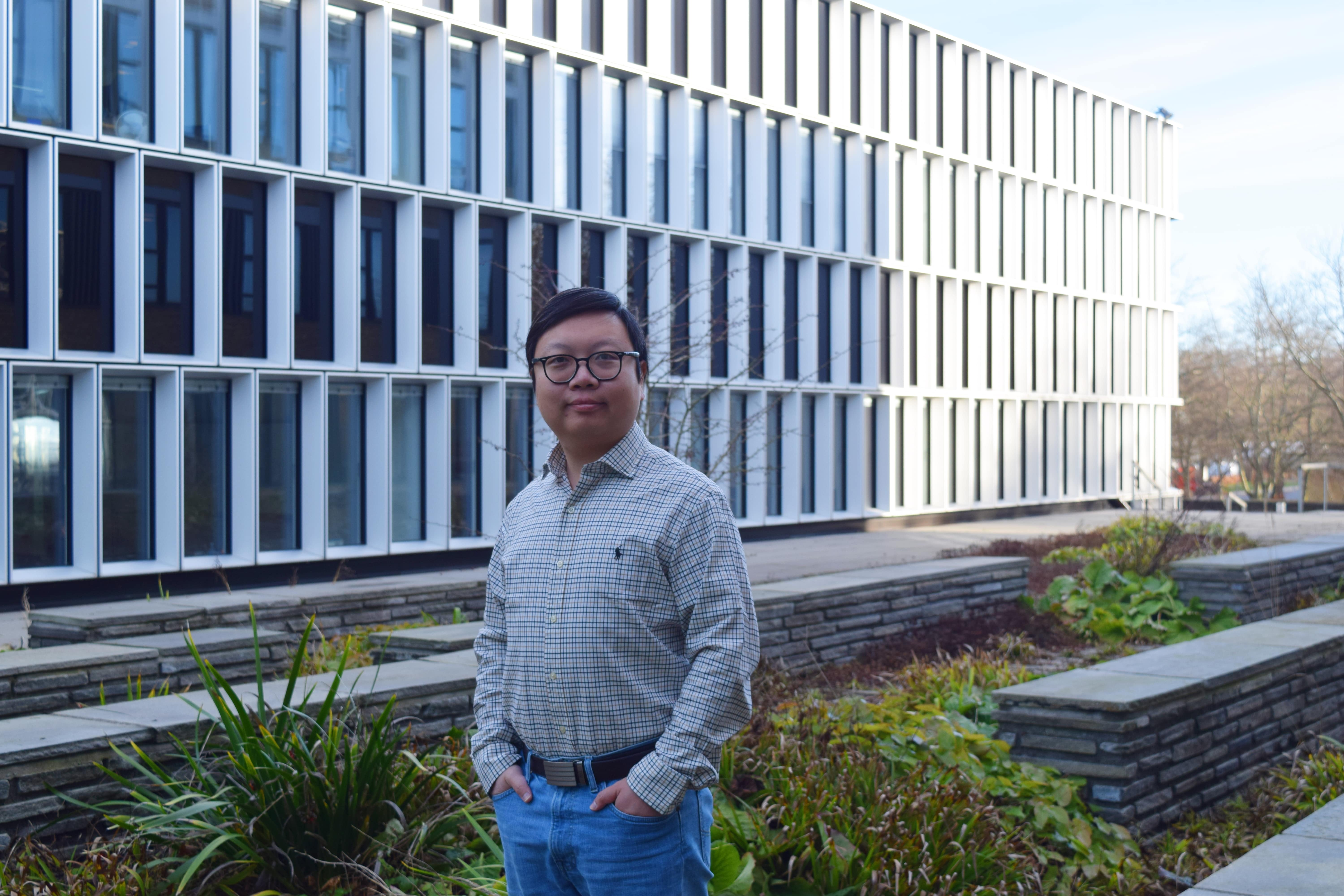Deep learning – the state-of-the-art approach to artificial intelligence – calls for the introduction of highly efficient computing hardware. The Digital Optical Neural Network Processor (DONN) project will investigate and develop a new class of digital computing hardware that merges the best of integrated photonics and electronics to accelerate deep learning applications with light speed and high precision. The grant will fund one PhD student, one postdoc, and exchange with international collaborators.
With the development of deep learning, we have witnessed that machines can learn some specific tasks so well that they outperform humans. For example, Google’s AlphaGo. Yet these powerful machine learning applications often require massive energy-hungry computing resources. The demand for computing resources doubles every 4-6 months. With the end of Moore’s law, electronics are encountering fundamental bottlenecks which are no longer solvable by scaling.
Kong and his team propose a highly efficient optical neural network processor (DONN) to solve the computing power requirement, providing both fast speed and high precision. If successful, this DONN processor is expected to enable new possibilities for neural networks, which today’s computing hardware can barely support. A non-exhaustive list includes highly intelligent autonomous driving (L4/L5), 3D computer vision for robotics, astronomy data processing with ultra-high contrast capability, as well as industry 4.0 (industry Internet of Things) with a vast number of high-precision, low-latency, intelligent sensors.
There is one major scientific challenge for current optical computing schemes: accumulated noise and crosstalk in the system. As a consequence, obstacles such as calculation precision, repeatability, scalability, logic level restoration, as well as compatibility with microelectronics are inevitable. How to break through these limitations, stemming from the current optical computing architectures, has now become the Holy Grail in the research field of optical neural networks.
In this project, Kong proposes a radically new computing architecture (DONN) that hopefully will address this scientific challenge and solve these obstacles.
Kong and his team will develop the proposed optical neural network chip and demonstrate real neural network applications. They expect to break through the obstacles that stem from current optical computing architectures. And most importantly, the DONN can form a radically new research direction and will provide new insights into optical computing, which can also inspire other novel approaches.
Read more about HSOC.
The Villum Foundation
The Villum Foundation supports internationalisation, and with the Villum Young Investigator Programme we encourage Danish universities to support and recruit Danish as well as international researcher talents.
Who can apply
The ideal applicant is an exceptionally talented young researcher within technical and natural sciences. Applicants must have between two and eight years of research experience after completion of their PhD.
